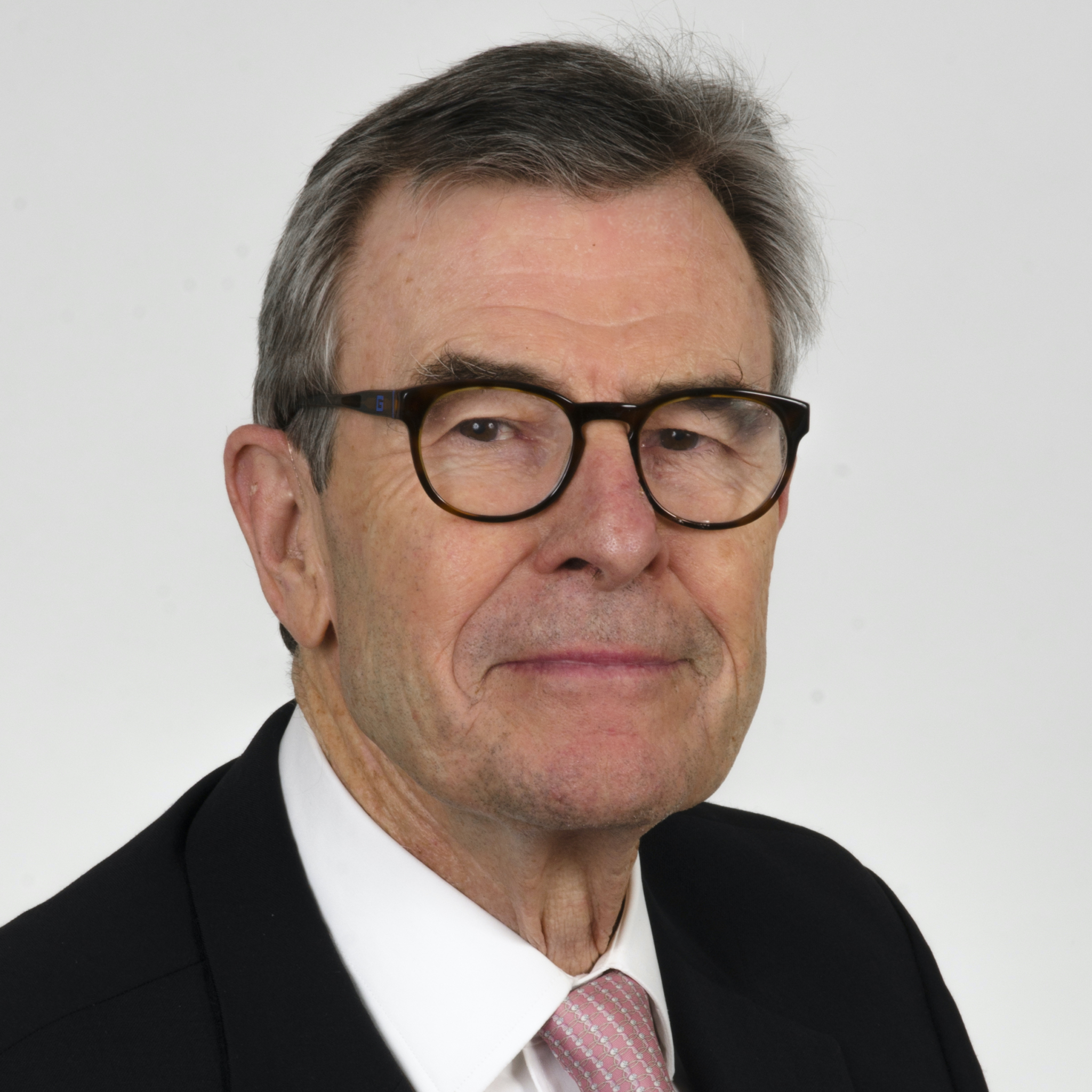This op-ed appeared in the May 22 2017 edition of the Philadelphia Inquirer.
If you’ve been out of touch this past year, you probably won’t guess the obsession of New Jersey’s governor. No, it’s not the state’s steady decline in its credit rating that will cost it hundreds of millions in extra dollars down the road. Nor is it the deterioration in New Jersey’s public transit network that threatens the state’s greatest economic asset of location, location, location. Property taxes still a drain for most families? Not on the governor’s agenda. In the bottom ten of states for job and income growth? Not even acknowledged.
Instead, Gov. Christie has focused almost exclusively on opioid addiction. A majority of the governor’s recent press releases, and about 80 percent of this year’s State of the State, have focused on this issue. His public schedule is dominated by the governor’s sermons to mobilize attention to the problem and praise those already in the battle.
Elevating public concern about a growing public health problem is understandable; the mystery is the governor’s choice for financing this expensive effort.
At the heart of the governor’s crusade, which he hopes to take nation-wide, is his push to force New Jersey’s only nonprofit insurance company to pony up $300 million a year to help out. Gov. Christie’s singular and first-time ever focus on Horizon Blue Cross Blue Shield as the principal revenue source for attacking this problem is accompanied by an effort to stack its board with four more politically-selected directors and to order the banking and insurance department to undertake a special audit.
What deepens the mystery is that the governor’s has made no effort to preserve the largest source of funding to assist opioid addicts: Medicaid.
Medicaid pays for a wide array of “behavioral” treatments, from prescriptions to cut the urge to group sessions with professionals to support withdrawal. Medicaid expansion, which the governor was smart to accept for New Jersey, has extended coverage to 560,000 Garden Staters, including many who are struggling with addiction. And, the federal government now picks up 94 percent of those costs instead of the 50 percent it covers for other Medicaid programs. In this year’s state budget, Medicaid funding is the largest item – even greater than school aid – at $8.7 billion.
Despite this organic connection of the growing opioid problem and Medicaid financing, Gov. Christie has stood on the sidelines as the battle over Medicaid’s future rages in Washington. He accepted the chair of President Trump’s task force on the opioid problem, but is silent on protecting the primary source of funds to assist addicts. He sat out the public debate on the first iteration of Trumpcare, which set the course for a steady decline in overall Medicaid funding and essentially shifted the cost of the expansion from the federal government to the states – to the tune of $8.8 billion for New Jersey over the next decade, a sum that the almost-bankrupt state cannot afford.
Gov. Christie was similarly silent during the debate on Trumpcare II that barely passed on May 4 – put together by New Jersey’s own Congressman Tom MacArthur – which on top of the deep cuts to Medicaid allows states to waive protections for people with pre-existing conditions. Specifically, since insurers could take into account a person’s medical history in setting rates, insurance would be unaffordable for addicts. Worse, they can exclude drug treatment entirely from the mandated policy benefits and, once again, re-impose annual and lifetime limits on payments, which would be catastrophic for opioid addicts. In short, insurance companies would no longer be required to provide affordable coverage for the approximately 20 million drug-addicted Americans.
The day after Trumpcare II passed, the governor finally spoke up for protecting Medicaid, but it’s not like he’s opposed to the House measure. “I want to read it”, he said, to “see if I’m concerned.” Why would a governor seeking to run a national campaign to vanquish opioid addiction be so timid as the largest sources of assistance are threatened with dismantling?
Even if Gov. Christie succeeded in raiding Horizon for $300 million yearly, it would be a flyspeck against the huge defunding of Medicaid and private insurance coverage mandated and financed by Obamacare. If the governor wants to be taken seriously about waging the fight against opioids, he needs to redirect his public ire away from Horizon’s executives and toward the White House and the U.S. Capitol.

